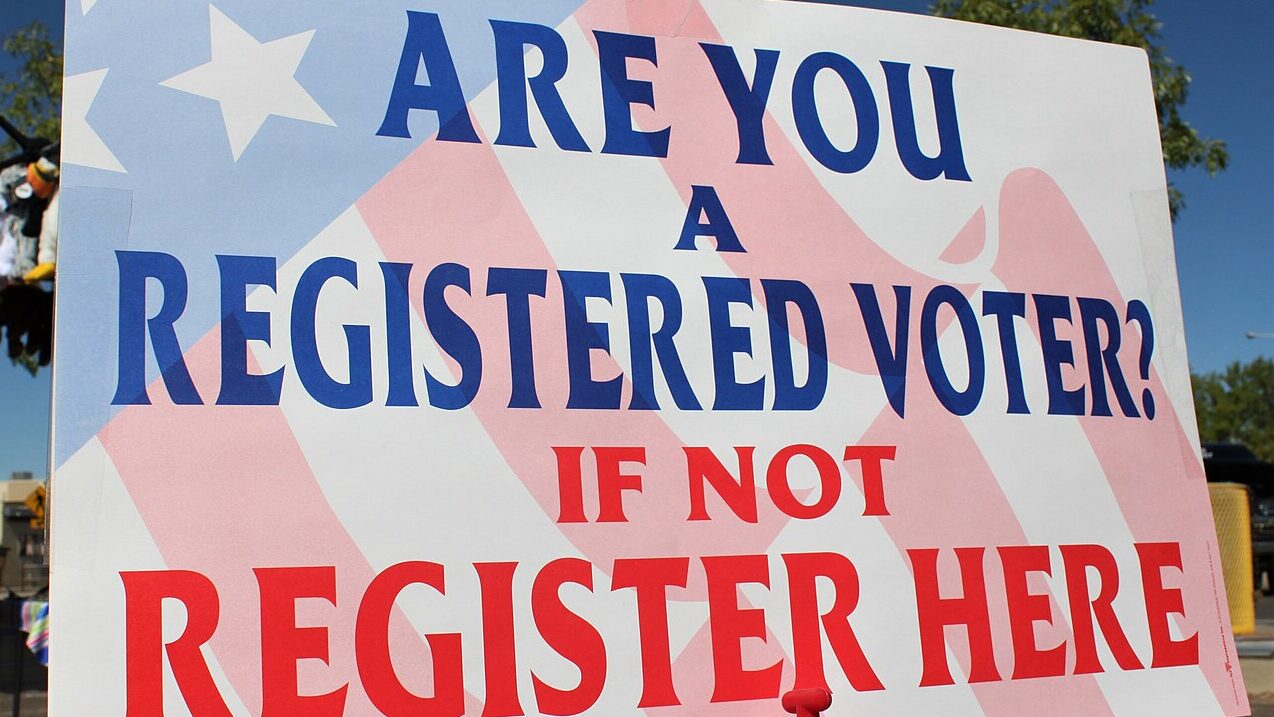A recent analysis by The New York Times reveals a significant decline in Democratic voter registration across thirty states and Washington D.C. from 2020 to 2024, contradicting narratives that downplayed President Trump's electoral success. The analysis indicates that Republicans either expanded their voter base or narrowed the gap with Democrats in all examined states.
Explainer New York Court Overturns $454 Million Fine Against Trump
The Times reported a net loss of 4.5 million voters for Democrats, a situation described as a "deep political hole" that may take years for the party to recover from. Shane Goldmacher, a co-author of the analysis, highlighted that Democrats are struggling to attract new voters and have lost their registration advantage in key battleground states such as Florida and New Hampshire.
Republican support among male voters has reportedly increased, outpacing the Democratic advantage among women. Additionally, younger voters are increasingly aligning with the Republican Party. Goldmacher noted that while some Democrats hoped the trend would reverse with Trump's return to the White House, there is no evidence of this occurring yet.
RNC Co-Chair KC Crosbie attributed the Republican gains to effective voter mobilization efforts and messaging strategies. In a statement to The Federalist, Crosbie emphasized the party's outreach to various communities, including urban areas, stating, "Our registration efforts, along with those of our partners, coupled with our commonsense messaging and GOTV efforts have resonated with voters."
Despite these findings, many media commentators have downplayed Trump's victory. Joan Walsh of The Nation argued that Trump did not win in a "landslide" and suggested that the election results were not a complete rejection of Democrats. Similarly, Michael Schaffer of Politico questioned the portrayal of Trump's win as an impressive achievement, labeling it a "squeaker" rather than a decisive victory.
The New York Times' Peter Baker also critiqued Trump's characterization of his win as a mandate, suggesting it was an attempt to create a perception of greater popularity than reality. Baker noted that Trump's team was trying to solidify the impression of a significant victory to bolster their agenda.
In contrast, analysts from FiveThirtyEight argued that claims of a landslide victory were based on flawed metrics and biases. The media's insistence that Trump's win lacked a mandate and that Republican popularity was overstated stands in stark contrast to the findings of the NYT registration analysis, which indicates a substantial decline for Democrats.
As the political landscape shifts, the implications of these registration trends could have lasting effects on future elections. The evidence suggests that Trump's victory was not only a mandate but also a significant repudiation of Democratic policies.
Why it matters
- Democratic voter registration has dropped by 4.5 million, indicating a significant political challenge for the party ahead of future elections.
- Republicans have either expanded their voter base or narrowed the gap, undermining narratives of Trump's electoral weakness.
- Key battleground states like Florida and New Hampshire show Democrats losing their registration advantage, complicating their electoral strategy.
- Younger voters are increasingly aligning with Republicans, signaling a potential long-term shift in voter demographics.
What’s next
- Democrats may need to reassess their strategies to regain voter registration and appeal to younger demographics.
- Upcoming elections will test the impact of these registration trends on Democratic and Republican performance.
- Political analysts will continue to monitor voter registration changes as the 2024 election approaches.
